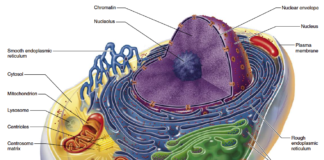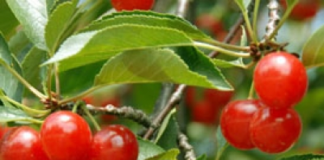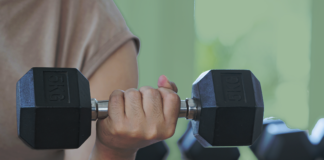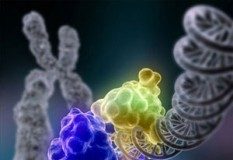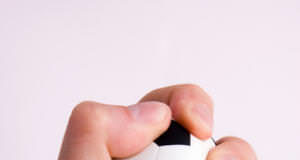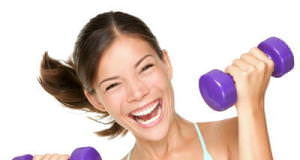Mitochondrial Dysfunction, Nutrition and Aging
By Ward Dean, MD
Every cell in the human body is packed with tiny organelles called mitochondria (Fig. 1). Mitochondria are often referred to as...
New Study: Tart Cherries Reduce Uric Acid Levels (Gout) and C-Reactive...
Tart cherries have long been researched for their association with pain relief – ranging from gout and arthritis joint pain to exercise-related muscle pain....
New Key To Tissue Regeneration: Drug Treatment Triggers Sodium Ions To...
Sodium gets a bad rap for contributing to hypertension and cardiovascular disease. Now biologists at Tufts University's School of Arts and Sciences have discovered that sodium also plays a key role in initiating a regenerative response after severe injury. The Tufts scientists have found a way to regenerate injured spinal cord and muscle by using small molecule drugs to trigger an influx of sodium ions into injured cells.
Gene Therapy Helps Weak Mice Grow Strong, May Benefit ALS and...
A virus that shuttles a therapeutic gene into cells may one day help people with a range disorders, from muscular dystrophy to amyotrophic lateral...
Training One Arm Improves Strength, Decreases Muscle Loss in Opposite Arm
New research from Edith Cowan University (ECU) has revealed that training one arm can improve strength and decrease muscle loss in the other arm...
Researchers Identify Gene Implicated in Statin Muscle Pains, Discomfort
Researchers have used a novel approach to identify a genetic variant that may contribute to the muscle pain and weakness experienced by some statin...
Muscle And Bone Diseases Affect Each Other, According To New Theory
Traditionally, doctors and clinicians thought diseases that affect muscles or bones affected those areas specifically. For example, bone diseases only affect bones, or muscle diseases only concerned muscles. But recent evidence supports the notion that...
Clenching Left Hand Could Help Athletes Avoid Choking Under Pressure
Some athletes may improve their performance under pressure simply by squeezing a ball or clenching their left hand before competition to activate certain parts of the brain, according to new research published by the American Psychological Association.
Wireless Device Helps Athletes Get The Most Out Of Exercise
New research at the University of Essex could help athletes train to their maximum potential without putting undue pressure on their muscles. A special wireless device -- called the iSense -- has been devised which is capable of predicting and detecting the status of muscles during training and can be adapted to any sport.
Muscle Loss In Elderly Linked To Blood Vessels’ Failure To Dilate
Why do people become physically weaker as they age? And is there any way to slow, stop, or even reverse this process, breaking the link between increasing age and frailty?
Light Weights Are Just As Good For Building Muscle, Getting Stronger,...
Lifting less weight more times is just as effective at building muscle as training with heavy weights, a finding by McMaster researchers that turns conventional wisdom on its head. The key to muscle gain, say the researchers, is working to the point of fatigue.
Individuals With Alzheimer’s Disease May Lose Muscle Mass
Lean mass -- the weight of an individual's bones, muscles and organs without body fat -- appears to decline among patients with Alzheimer's disease, according to a report in the April issue of Archives of Neurology, one of the JAMA/Archives journals. These decreases may be associated with declines in brain volume and function.











